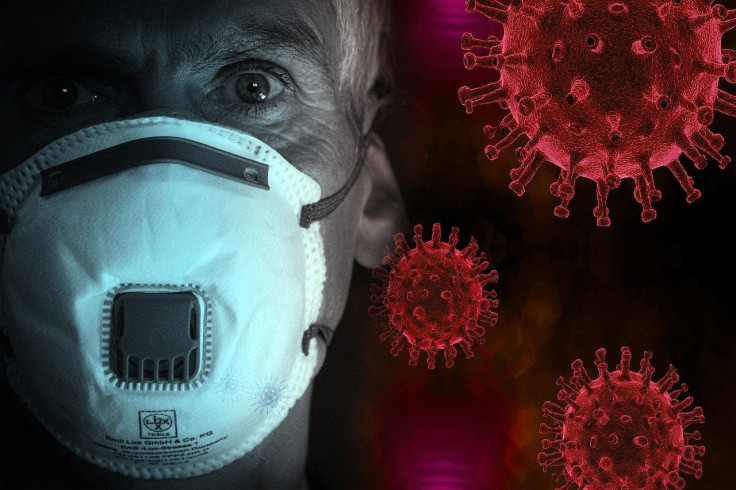Coronavirus Treatment: Blood Thinning Medications Could Help Save Lives Of COVID-19 Patients
Apart from causing severe respiratory issues, there is mounting evidence that the coronavirus infection leads to blood clotting abnormalities. This had led to the possibility that blood-thinning drugs might play a role in treating COVID-19.
Here’s everything we know about blood thinners to treat COVID-19:
- About 30 to 70% of COVID-19 patients admitted to intensive care units (ICUs) develop blood clots
- Blood clots are linked to a higher risk of dying from COVID-19 and a worse prognosis
- Since the rate of blood clotting is on the rise, all patients admitted to hospitals should receive a low dose of blood-thinning rugs to prevent blood clots
- But sometimes, since such a low-lose administration of blood thinners aren’t really effective, there arises a question of whether a higher-than-usual dose should be given to prevent blood clots and improve clinical outcomes
- Experts at Royal Brompton Hospital’s severe respiratory failure service found a very clear association between COVID-19 and blood clotting. They believe that anticoagulants could eventually help save lives
- They used hi-tech CT scans to take images of lung function in critically-ill patients and found that COVID-19 patients suffered a lack of blood flow. This could explain why some patients are dying of lung failure due to the lack of oxygen in the blood
- Aspirin is commonly given to individuals with a high risk of strokes or heart attacks. Studies are underway examining if the drug can reduce blood clotting risk in COVID-19 patients
However, it is very important to note that these blood-thinning drugs aren’t without risks. Sometimes, the treatment itself can increase the risk of bleeding. Thereby, the decision to prescribe high-doses of these drugs outside of a clinical trial must be made on an individual basis, mentioned The Conversation.
Health experts believe that careful use of blood-thinning medications can eventually help save lives, but only after testing them carefully. They also opined that blanket use of these drugs might not be appropriate and any such treatment should begin at a very early stage in order to prevent blood clots and other consequences.
“These are very unwell patients but I think the majority of patients will end up on significant therapeutic doses of blood-thinning agents as we learn more about this disease. If these interventions in the blood are implemented appropriately, they will save lives. There are a variety of blood-thinning agents as well. Which (drug) you use depends on the patient so we have to have a more personalized medicine approach,” Dr. Brijesh Patel, senior intensivist and clinical senior lecturer at Royal Brompton and Imperial College London told Yahoo News.

© Copyright IBTimes 2024. All rights reserved.





















